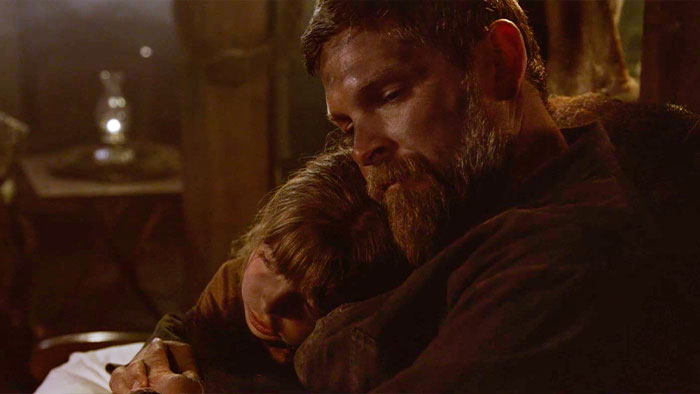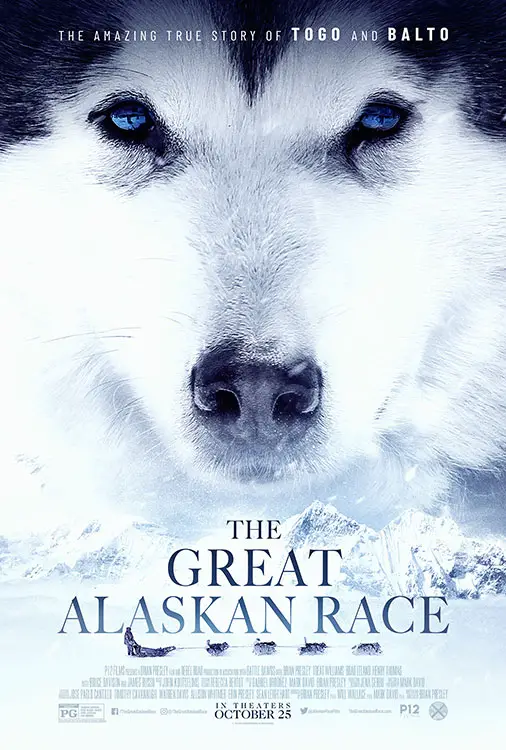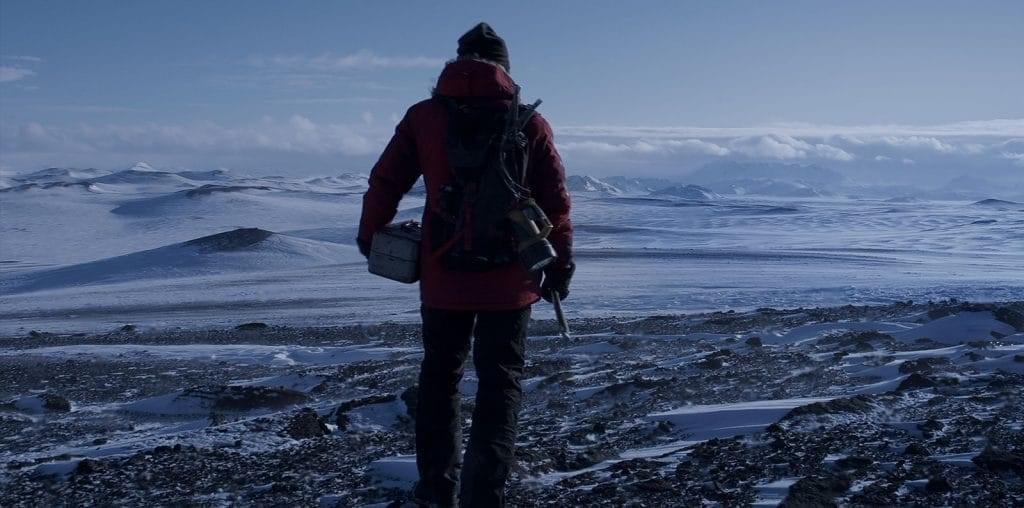
It could be that the one-dimensional characters are to blame. Everyone’s goal is the exact same, to deliver this medicine as expeditiously as possible. And I mean everyone, up to and including the antagonist, for lack of a better term. William Thompson, portrayed by Henry Thomas, owns a newspaper and just acquired an aviation company. He is convinced that flying the medicine to Nome is the best possible option, for a lot of reasons, speed being one of the main factors. Mind you. I am not asking a villain where one does not, or should not, exist. But all Maynard, Welch, his nurse Constance, and Bone have going for them is their desire to get the medicine here. Seppala at least has very personal stakes in this, so some pathos is derived from that.
How did Nome fare in the decline of the gold rush? Are these residents eking out a living in this inhospitable terrain left from that timeframe? What is their relationship to surrounding Inuit tribes? The Great Alaskan Race would not need to do a full delve into any or all of these points. But using them up as more than background context for the town would go a long way towards fleshing these people out and allowing them to feel realistic.

“…As Seppala, Presley shares excellent chemistry with his on-screen daughter…”
But Presley employs a fun little bag of tricks to provide crucial information to the audience in a visually exciting and entertaining manner. Once the race begins, the updates are given to the audience via a radio announcer. He is shot in silhouette with newspapers going through the printing press and telegraph machines being dialed playing behind him. It is a dizzying spark of life that is missing from the rest of the film.
Mind you, the cast of The Great Alaskan Race is solid, though this is no one’s best work. Everyone emotes concern and despair believably, though it is Williams and Presley himself who shine the most. As Seppala, Presley shares excellent chemistry with his on-screen daughter, and that relationship does help keep the viewer engaged. Williams could probably do this kind of role in his sleep, being the underappreciated pro that he is. But he works here, and his grief in telling parents bad news is palpable.
The Great Alaskan Race is an odd being. On the one hand, the urgency of the threat does not come through in the pacing. Not helping matters is that the characters are not well developed beyond everyone’s desire to stop the epidemic as quickly as possible. But the cast is likable and continuously deliver. Plus, the news update interjections showcase a sense of energy and style that shows the promise of the film. It is certainly not a bad movie, but it is not particularly memorable either.
The Great Alaskan Race screened at the San Diego International Film Festival.

"…probably familiar with the storyline...either from elementary school history class or the highly inaccurate animated film Balto."


